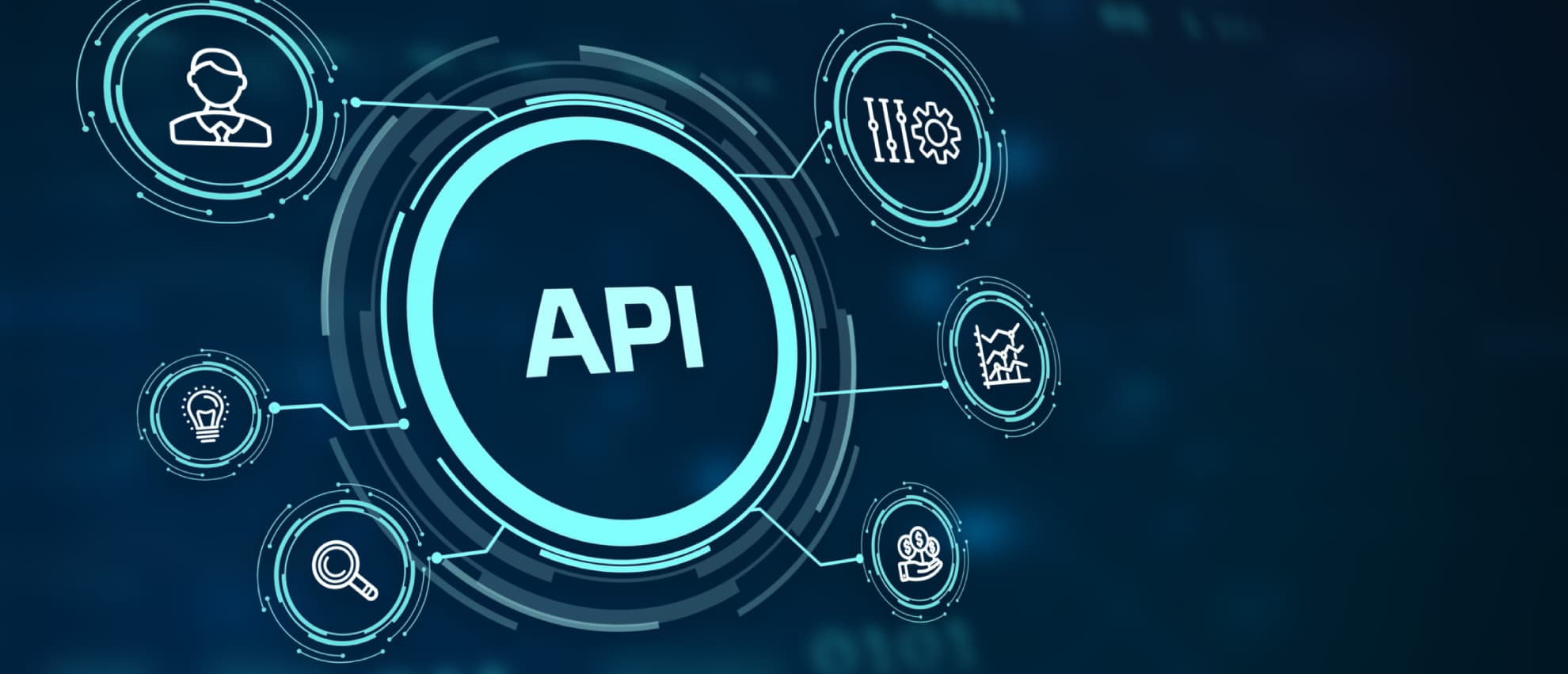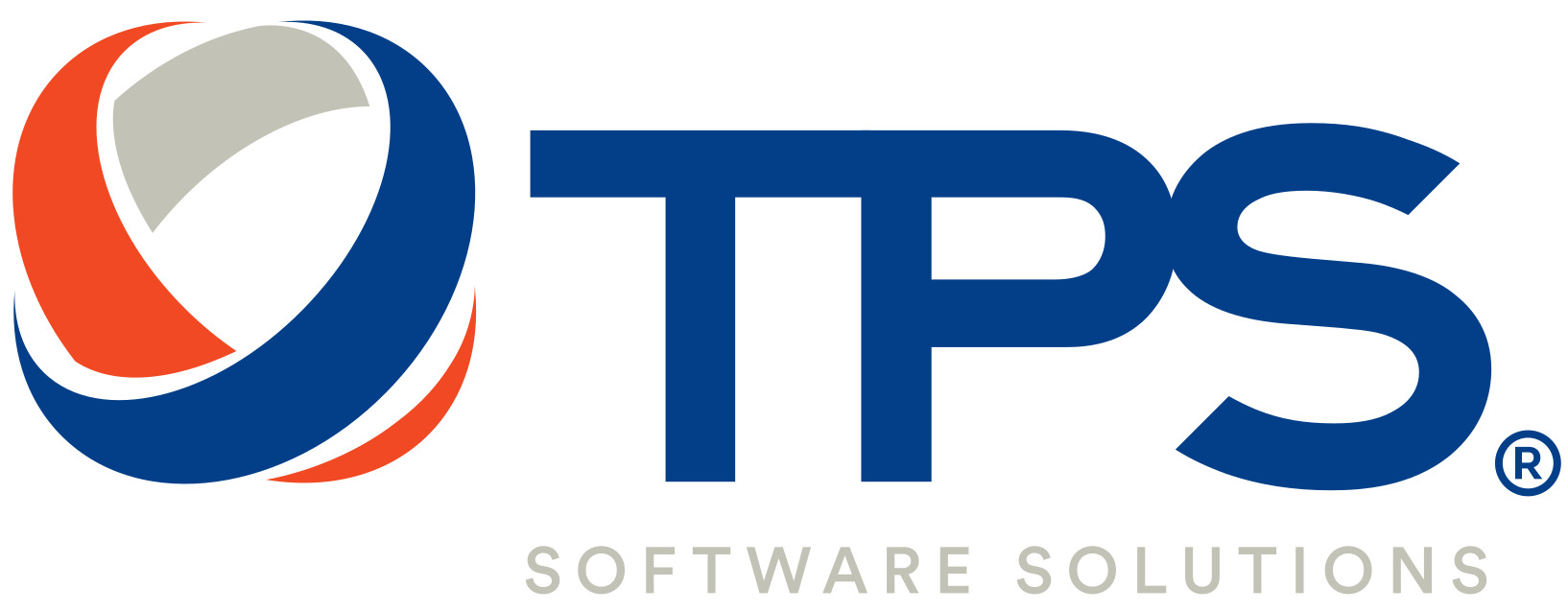Introduction
The financial technology (fintech) landscape has evolved rapidly, revolutionizing traditional banking and financial services. A key factor driving this transformation is the adoption of cutting-edge technology stacks that empower fintech companies to deliver innovative, efficient, and customer-centric solutions. In this article, we explore the components of the best fintech tech stack and delve into why they are crucial for success in this dynamic industry.
Most common tech stack in Fintech 2024
Cloud Computing: The Foundation of Agility
One of the fundamental pillars of a robust fintech tech stack is cloud computing. Cloud infrastructure provides scalability, flexibility, and cost-effectiveness, enabling fintech companies to adapt quickly to changing market demands. Cloud services like Amazon Web Services (AWS), Microsoft Azure, and Google Cloud offer secure and compliant environments, ensuring the confidentiality of sensitive financial data.

Blockchain Technology: Reinventing Trust and Security
Blockchain technology has emerged as a game-changer in fintech, offering enhanced security, transparency, and efficiency. By implementing decentralized ledgers, fintech companies can streamline processes such as payments, settlements, and identity verification, reducing the risk of fraud and enhancing trust among users. Blockchain also enables the development of smart contracts, automating complex financial transactions.

APIs for Seamless Integration
Application Programming Interfaces (APIs) are the glue that holds together various components of a fintech tech stack. They facilitate seamless integration with third-party services, enabling fintech companies to leverage external functionalities without building everything from scratch. APIs are crucial for connecting with banks, payment processors, and other financial institutions, allowing for the creation of comprehensive and interconnected financial ecosystems.

Machine Learning and Artificial Intelligence: Powering Data Insights
The use of machine learning (ML) and artificial intelligence (AI) is pivotal in extracting valuable insights from vast datasets. Fintech companies leverage these technologies for fraud detection, risk assessment, customer segmentation, and personalized financial recommendations. By harnessing the power of ML and AI, fintech platforms can enhance user experience, automate decision-making processes, and optimize operational efficiency.

RegTech for Compliance and Risk Management
Compliance with regulatory requirements is non-negotiable in the financial industry. Regulatory Technology (RegTech) solutions automate and streamline compliance processes, reducing the burden on fintech companies to manually navigate complex regulatory landscapes. From Anti-Money Laundering (AML) to Know Your Customer (KYC) procedures, RegTech tools play a crucial role in ensuring adherence to legal frameworks.
Cybersecurity Measures: Safeguarding Financial Data
With the increasing digitization of financial services, cybersecurity is a top priority. Fintech companies must invest in robust cybersecurity measures to protect sensitive financial data from cyber threats. This includes encryption protocols, multi-factor authentication, and continuous monitoring to identify and mitigate potential security breaches.

Conclusion
The best fintech tech stack is a well-integrated combination of cloud computing, blockchain technology, APIs, machine learning, RegTech, and cybersecurity measures. Fintech companies that leverage these components can offer innovative solutions, streamline operations, and provide a secure and efficient experience for their users. As the industry continues to evolve, staying at the forefront of technological advancements is essential for fintech companies aiming to shape the future of finance.












